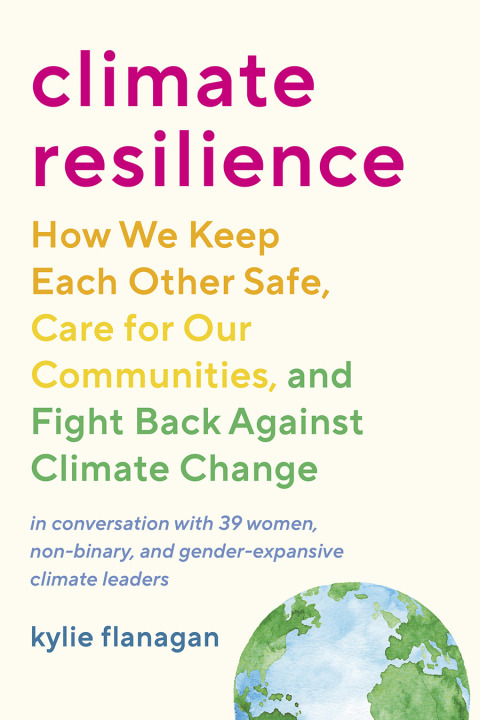Rainer started reading Bikes, the Universe, and Everything by Elly Blue (Bikes In Space)

Bikes, the Universe, and Everything by Elly Blue (Bikes In Space)
Ever gotten lost in a book? Or on your bicycle? Or both at once, by falling through a portal on …




















